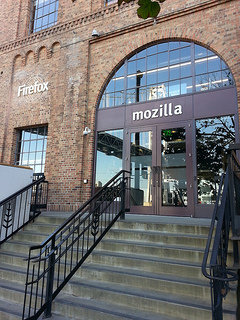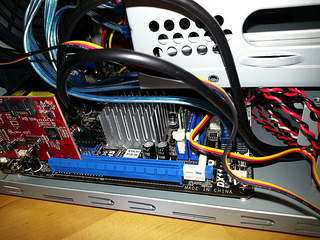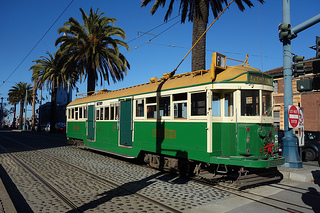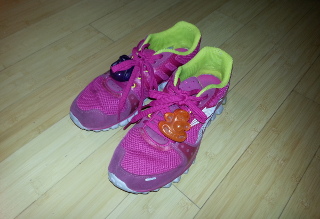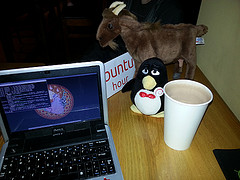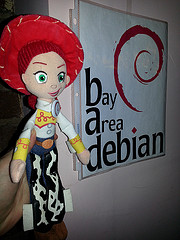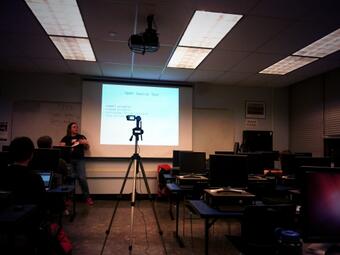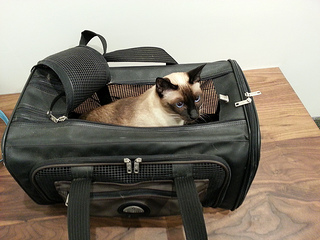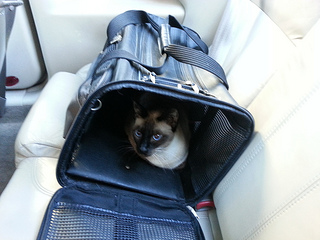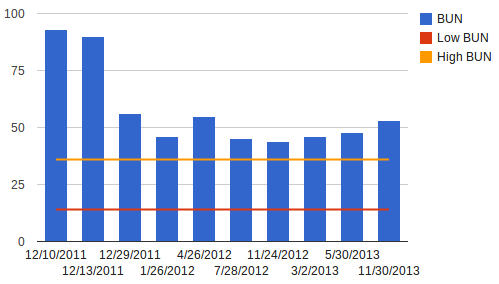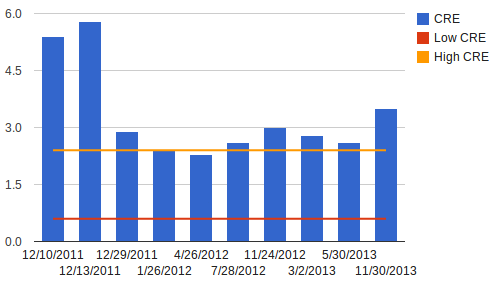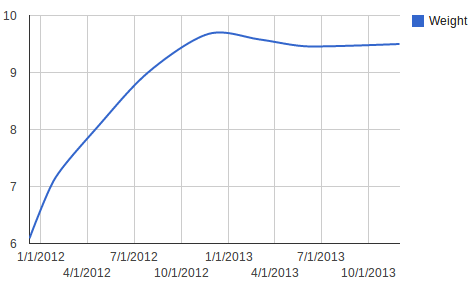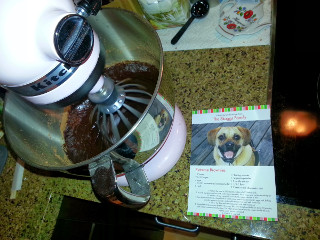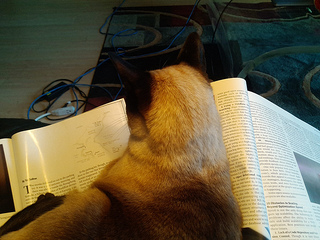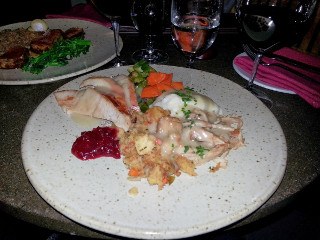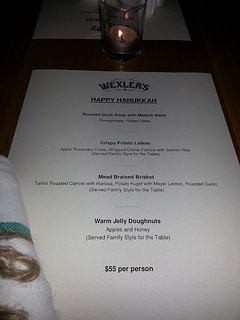Everything came together really nicely in the planning for this Florida trip. We stayed with MJ’s cousin at their beach house in Hollywood, so we were able to spend several meals with them during our stay. It was a great opportunity for me to get to know them better.
Our flight came in slightly delayed on Monday night, putting us at the beach house just after midnight. Tuesday was our first chill out and relax vacation day, sleeping in late, getting lunch at a nearby place by the beach. I then did my 3rd Couch-to-5K run/walk that afternoon before joining MJ at the pool. Thankfully there was a breeze, as I was really worried about continuing my workouts in the south Florida heat.
On Christmas we continued my evolving tradition of going to a zoo on Christmas. It ends up being a wonderful time to go, it’s a holiday that we don’t celebrate, but both have off from work, most zoos are open (at least for limited hours) and it’s never very crowded. I wasn’t actually familiar with the Miami Zoo but it really is quite a nice zoo! First off, it’s huge. We were there for 2.5 hours and only covered about 1/3 of it at a casual pace. I’ll definitely have to go back.
I enjoyed leisurely mornings on Thursday, Friday and Saturday, sitting outside on the porch with my laptop catching up on some things, or just reading on my tablet or Nook.
On Thursday we met up with my cousin Shannon for lunch at a small taco place on the beach. It was great to see her and Rich, and see how adorable little Frankie has grown! Plus, good tacos. That night we found a proper diner to enjoy, I sure miss east coast diners!
Friday we had lunch with MJ’s cousin Rachel, who we’re staying with. After some relaxing by the pool in the afternoon we headed down to Miami itself to meet up with my Aunt Pam for dinner at the Rusty Pelican. The restaurant offered an excellent view of Miami and the food was great. Afterwards we headed back to her apartment to check out the view and visit with her sun conures Baby Bird (who we first met in Phoenix) and baby Skittles.
Saturday afternoon we grabbed lunch by the beach and I got my run/walk in before embarking upon our drive north to spend the night in Melbourne. On our drive up we stopped in Vero Beach to meet my Aunt Meg and cousins Melissa and Brad and his family for dinner near where they were vacationing. I hadn’t seen my cousin Brad in several years, so it was nice to catch up, and always a treat to visit with my Aunt Meg and Melissa.
Sunday was spent visiting with my Grandfather and his wife Jo in Palm Bay. I also got to see my Uncle Don, who I haven’t seen in a few years. Joining us for a sit down turkey lunch was Shannon’s father Frank and his wife Amy. It made for quite the relaxing and nice time to catch up with everyone. We made the long drive back to Hollywood in the early evening to meet up with MJ’s cousins for dinner. Dinner took us to Taverna Opa where a belly dancer encouraged me and won to dance on a table with Rachel. I was sober, this is what peer pressure does!
Monday morning I got some more relaxing on the porch time and after lunch at a nearby diner I did my final run/walk of Couch-to-5k week 2 and we spent the rest of the afternoon on the beach.
Monday night we met up with MJ’s cousin Stephie and her fiance Ben. Much of the conversation centered around wedding planning, with us sharing as much useful tidbits as we could from our experience.
It’s now Tuesday morning, New Years Eve. I’m sitting on the porch and have spent some time this morning catching up on some work and project stuff. I do wish I had taken more pictures on this trip, I saw a lot of family members who I don’t see all that often and it would have been good to get pictures together. Next time!
Today my plan is just to relax, perhaps read a bit more and make the most of the day until we have to pack up and catch our flight around 5pm. We’ll be in the air during the new years of a few US time zones, so it will be an interesting flight! Should be back in SF shortly before midnight.
More photos from the trip here http://www.flickr.com/photos/pleia2/sets/72157639046100495/







